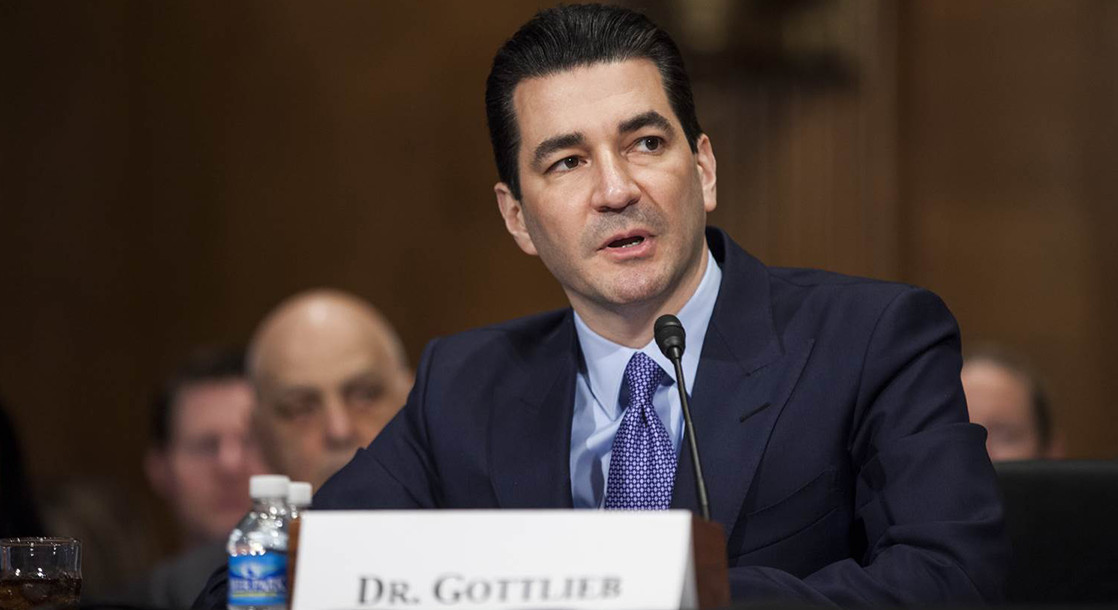While medical marijuana has recently become a viable treatment for many conditions, lack of research on the federally illegal plant has made it difficult to gauge what specific health benefits cannabis actually provides to patients.
The U.S. Food and Drug Administration could soon play a larger role in examining whether the proposed health benefits of pot are true or not. On Tuesday, FDA Commissioner Scott Gottlieb stated that the agency could start cracking down on unproven claims of marijuana’s health benefits.
“I see people who are developing products who are making claims that marijuana has antitumor effects in the setting of cancer. It’s a much broader question about where our responsibility is to step into this,” Gottlieb said at a hearing on Tuesday.
In the past, the FDA has been relatively hands off when it comes to medical marijuana, but the commissioner’s statement implies that the agency could start taking a closer look. Back in August, the agency reluctantly admitted that CBD has medicinal benefits in an attempt to assist the United Nations in determining how cannabidiol fits into international drug treaties. Shortly after, the FDA opened the door for clinical trials experimenting with MDMA as a treatment for PTSD.
Gottlieb’s sudden interest in observing health claims related to marijuana could suggest an about-face on the agency’s slightly growing acceptance of medicinally beneficial yet federally illegal drugs. Nonetheless, the FDA’s intention to potentially undermine the perceived treatment capabilities of cannabis shines a glaring spotlight on a longstanding issue; lack of research on the plant.
It will be interesting to see whether the FDA's entrance will lead to further research and legitimize cannabis treatment, or if disproving some of the unsubstantiated claims about the plant will hinder the ongoing progress being made in regards to medical marijuana’s acceptance. Either way, Gottlieb seems committed to finally involving the agency in the ever-budding industry.
“We’ll have some answers to this question very soon because I think we do bear some responsibility to start to address these questions,” Gottlieb concluded.











